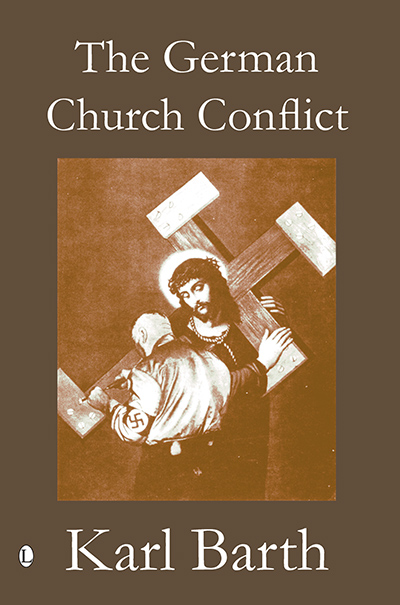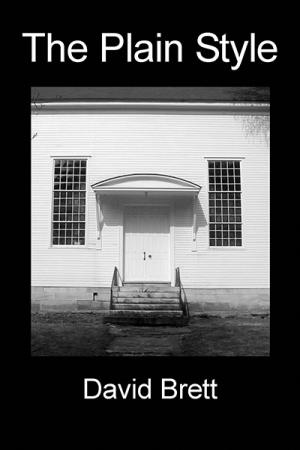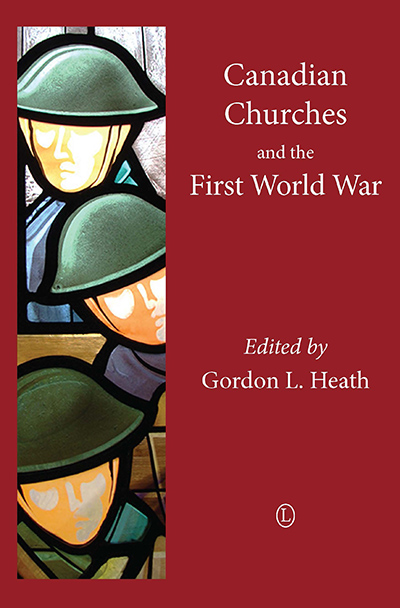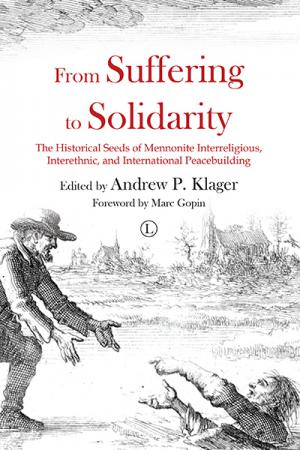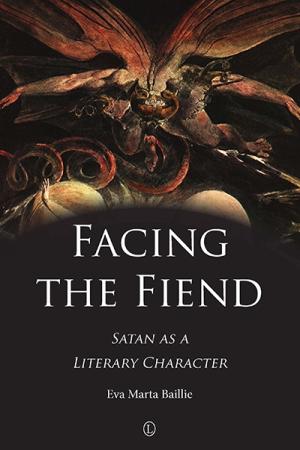Description
As Hitler became ever more influential among the German people, so religion became a factor which Hitler could use to the advantage of National Socialism. Hitler won over the neutrality and acceptance of the Roman Catholic Church for his government, but the more divided Protestant faith presented greater problems. Hitler’s suggestion of the founding of a German-Christian Church seemed to accommodate the need for unity within the German Protestant faith. Whilst some Protestants were overjoyed at the idea that a national ‘Christian’ Church could be founded, others were highly critical. A conflict between Church and State soon arose. Karl Barth vigourously rejected the German-Christian movement; this work presents critical reflection from Barth’s point of view upon the historical, social and political background to the transformation of the German churches.
The first essay examines the nature of conflict in the Church, whilst the second focuses on the Church’s opposition. The third investigates the significant year of 1933-34 for the German-Christian movement and it is in the fourth and fifth essays that the German Confessing Church’s history of the period is analysed. The war on the Evangelical Church in Germany and the German Confessing Church of 1936-1939 form the central theme of the last six essays.

